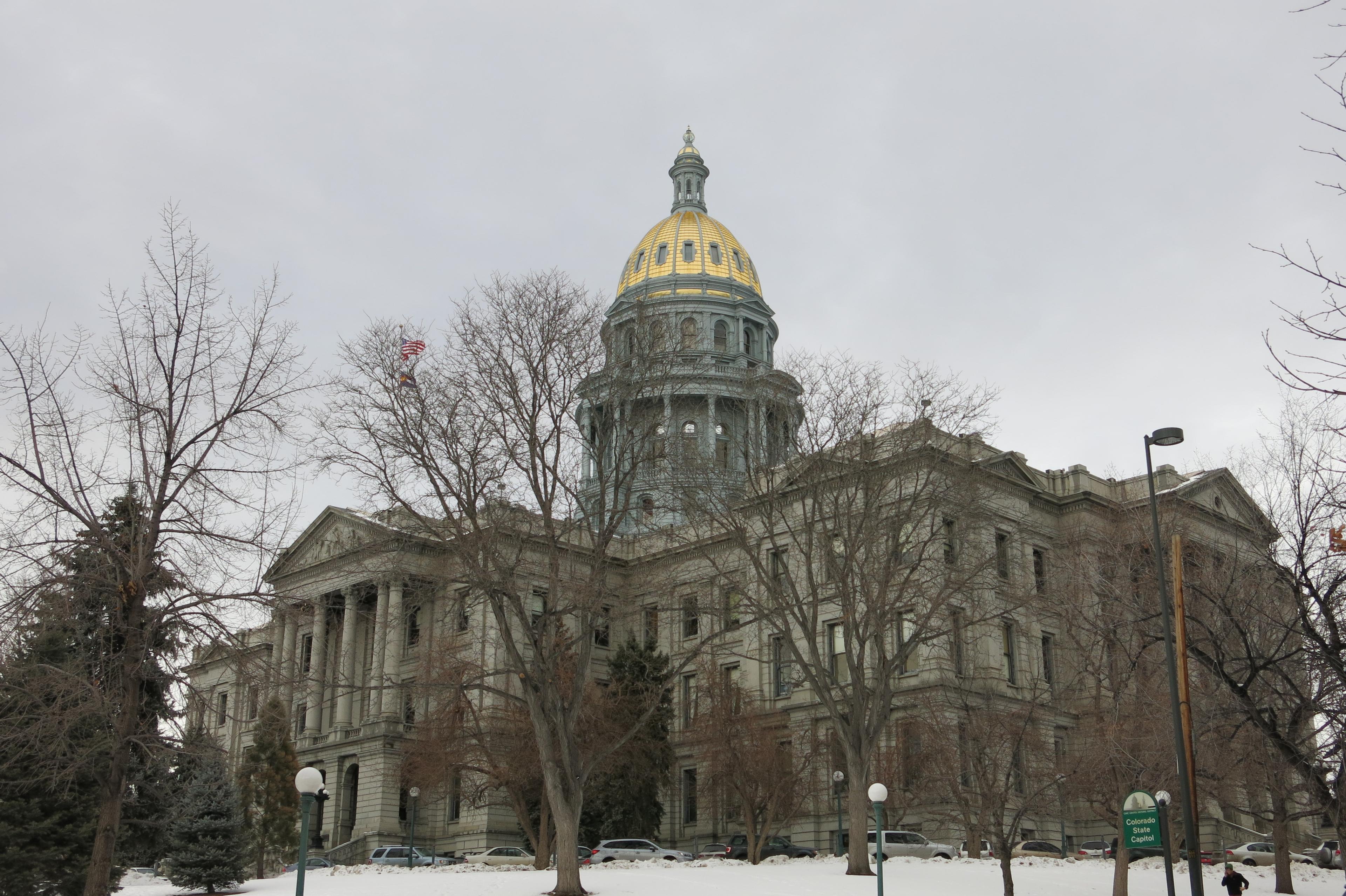
A lot has changed in the eight months since all 100 of Colorado's state lawmakers last met under the Capitol's golden dome. When the gavel sounds to convene the first session of the 70th General Assembly on Wednesday, there will be new legislators to swear in and new leadership to hear from. Then, over the next 120 days, hundreds of bills will be introduced, debated, and voted upon. Here are five things to keep an eye on:
Bipartisanship: How long will it last?
The election gave Republicans a one-vote majority in the state Senate and weakened Democrats' control on the House. One obvious result: every bill will need votes from both parties to pass. That's a change from the past two years, when Democrats controlled both chambers. The narrow majorities mean that a few lawmakers willing to cross the aisle on a crucial issue could wield tremendous power.
Lots of rookies in the ranks, but familiar faces in leadership
Ten new state Senators and 20 new House members, nearly a third of the Legislature, will be sworn in on Wednesday, although not all of them are completely new to the job. Four Representatives, three Republicans and one Democrat, are moving on to the Senate and two former Representatives, one of each party, are returning to the House after time out of office. At the leadership level things the titles have changed, but the names are the same. El Paso County Republican Bill Cadman and Aurora Democrat Morgan Carroll will swap titles, with Cadman taking over as Senate President and Carroll becoming Minority Leader. In the House, Majority Leader Dickey Lee Hullinghorst, D-Gunbarrel, will move up to Speaker, while Brian DelGrosso, R-Loveland, remains Minority Leader.
The only thing that has to get done: the budget
They're required by law to pass one. And never in recent memory have Colorado lawmakers failed to pass one. But that doesn't mean it will be an easy process. There's a lot to fight about. Improving state finances mean the public could soon be getting some money back under the Taxpayers Bill of Rights. But legislators are also likely to propose a host of tax credits, reducing or eliminating that refund. The governor has offered his budget proposal, but Republicans say it doesn't target enough money to education or transportation. With $10 billion of discretionary money at stake in the General Fund, that's 10 billion arguments waiting to happen.
Shadow of recent sessions looms
When Democrats took control of both chambers in 2013 they had an epic session, knocking out long-held priorities around undocumented immigrants, the election system, renewable energy, and gay rights, as well as passing a highly controversial slate of gun control bills. Republican lawmakers are certain to introduce bills repealing or revising many of those policies. For the Senate leadership, the question will be how much time to spend on those efforts vs. advancing new policies.
What we're watching: four key areas
Lawmakers will be tackling a lot of interesting stand-alone topics this session: physician-assisted suicide, limits on oil and gas drilling, and marijuana edibles. And CPR will be bringing you all the major news from the Capitol as it happens. But we've picked several areas where we'll be taking a deeper look: child poverty, the criminal justice system, race relations, and the TABOR refund. Expect a lot of coverage on these four topics. And our health and education reporters will also be delving into policies that affect their beats.









